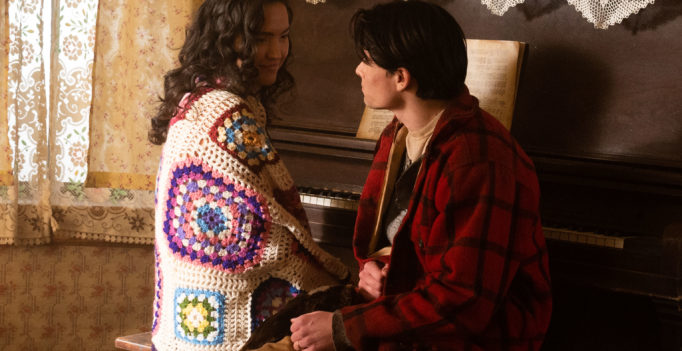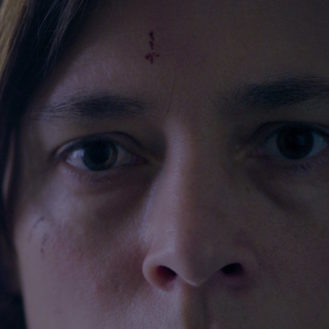The exposure of Canada’s reprehensible history with its former residential school system and the overall injustice towards this country’s Indigenous population keeps garnering attention. Written and directed by Marie Clements (The Road Forward), Bones of Crows is the latest movie to continue presenting the contemporary prejudice that mirrors the past.
Writer/director Clements approaches the film’s long-spanning timeline with ideas to provide as much cultural coverage as possible while maintaining focus on the personal arc of Bones of Crows’ lead Aline Spears (Grace Dove). Viewers follow Spears’ throughout her life as a girl separated from her parents, to a student seen as a musical prodigy, to an adult woman who is consistently endanger just for being Cree. Dove is masterful as Aline, always emotionally identifying with the material and finding the continuity between her performance and the younger women who flawlessly portray chapters in Aline’s life. The acting quality around this central role can vary though, ranging from performers who seem to truly comprehend the heartbreaking history behind this story and other actors who are trying skate by with a big personality and an overwrought accent (those who are portraying the white oppressors fall within the latter camp).
There’s no easy way to explore the physical and psychological abuse that happened within the residential schools or though PTSD. It seems as if the best way to acknowledge this past is to be as direct as possible; either outright showing it or through highly suggestive motions. As disturbing as Bones of Crows gets, Clements does a fantastic job at addressing these issues without having the viewer feel like they’re trudging through a lot of overwhelming information.
However, the way Clements transports throughout Aline’s timelime is occasionally difficult to follow. The filmmaker uses parallels as a launching and landing pad to tap into flashbacks. A typical way to use this storytelling device but, sometimes, the matching can seem like Clements is overreaching. At two hours, these weaker transitions are noticeable. Thankfully, these transitions usually lead to scenes that leave an incredible impact.
**********
Do You Tweet? Follow These Tweeple:
Addison Wylie: @AddisonWylie




Be the first to comment